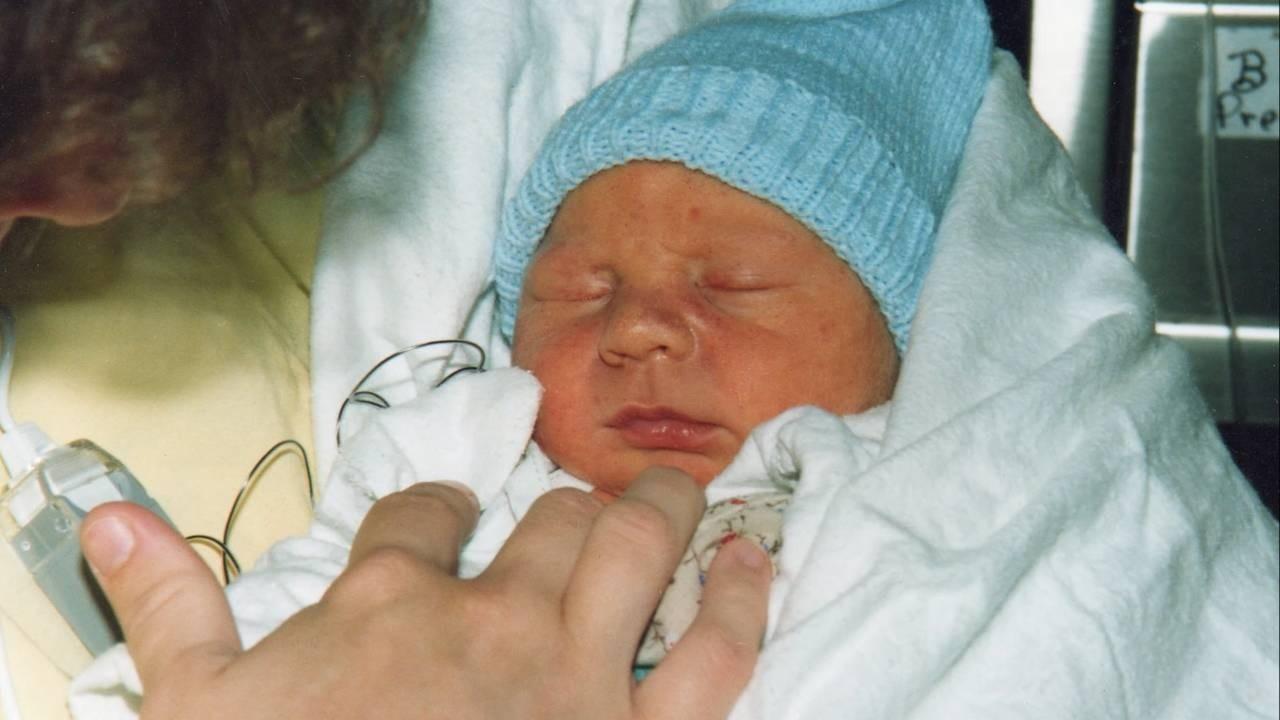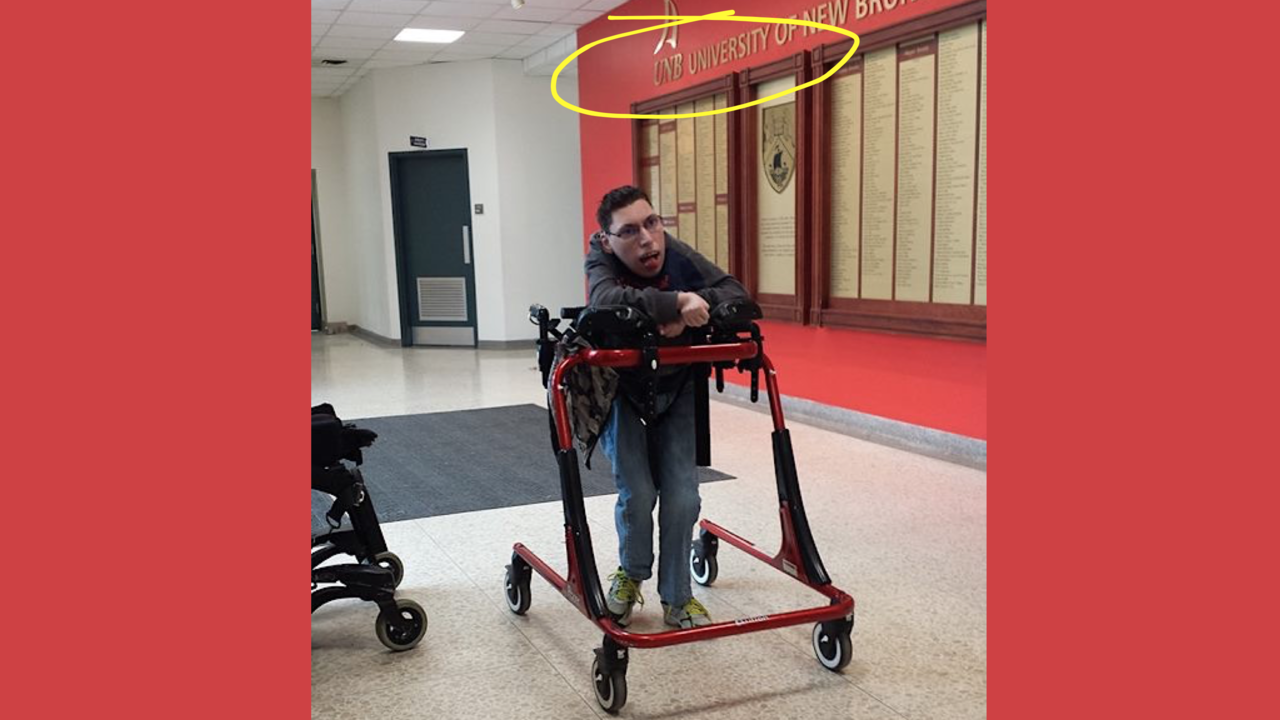"He may never walk, talk, or go to school!"

Four days after Ben was born, a specialist told us, “He may never walk, talk, or go to school!”
I wasn’t sure what he wanted me to do with that statement. I mean, how are you supposed to respond?
Maybe … “Oh, ok. Thanks for letting me know…”
If he was trying to convey a suffocating feeling of hopelessness, he did a fabulous job.
At the time, I remember asking one of my siblings (a physician) why such a cruel statement would be made. The answer was that doctors are trained to “hit” with the worst news first because parents will cling to even the slightest glimmer of hope.
I wasn’t clever enough to respond 26 years ago but looking back, I now see how ridiculous that statement was, too. Why does a doctor get to decide if you should have hope or not?
Here’s an idea. Rather than leave young parents (us) with the belief that their newborn child would essentially be a blob for the rest of his life, why not say something like,
“Ben is going to have a lot of serious and significant chall...
"When Did He Start?"

It was a simple enough question that Jan asked.
“September 2013” was the answer.
If I had been quick enough, I would have turned it into a Jeopardy skit:
Jan: “I’ll take Amazing Milestones for $400”.
Me: “The answer: ‘September 2013’”
Jan: “When did Ben start university?”
When Ben was in high school, I remember being asked repeatedly what I thought Ben would be doing once he finished. At the time, I didn’t have a good answer. The options were few.
The fact that he doesn’t walk or talk on his own, and needs a full time assistant, meant getting a job was out of the question.
On the other hand, sitting at home and doing nothing was also a non-starter.
The only possibility that made sense was for Ben to stay in school and continue to learn. It’s what he enjoyed doing. So we looked at community college and university programmes.
That, also, was a non-starter since he didn’t have the academic requirements to be admitted, the result of following a modified learning plan in high sc...
"When I See You Smile, I Can Face the World!"
How many times have you searched for answers only to find they were right in front of you the whole time?
(If you answered “Never”, then you really need to keep reading!)
Why does that happen?
Without a doubt, painful or stressful situations take you off your A-game, especially if those situations are unexpected.
If it involves a serious health issue with you, your child or some other loved one, emotions run high, and it’s tough to think clearly.
Your first reaction is to look for ways to stop the pain, right away. It’s only natural.
You want an immediate fix to the problems. But nothing is easy to find.
Too often, the tendency is to over-complicate things. Details and issues all blend together until the problem looks impossible to solve.
That’s when overwhelm sets in. You can feel defeated. And it drains you of energy and hope.
There comes a point, though, when the pressure and the barrage of negativity slows, and you can catch your breath.
When you feel that momentary pause...

